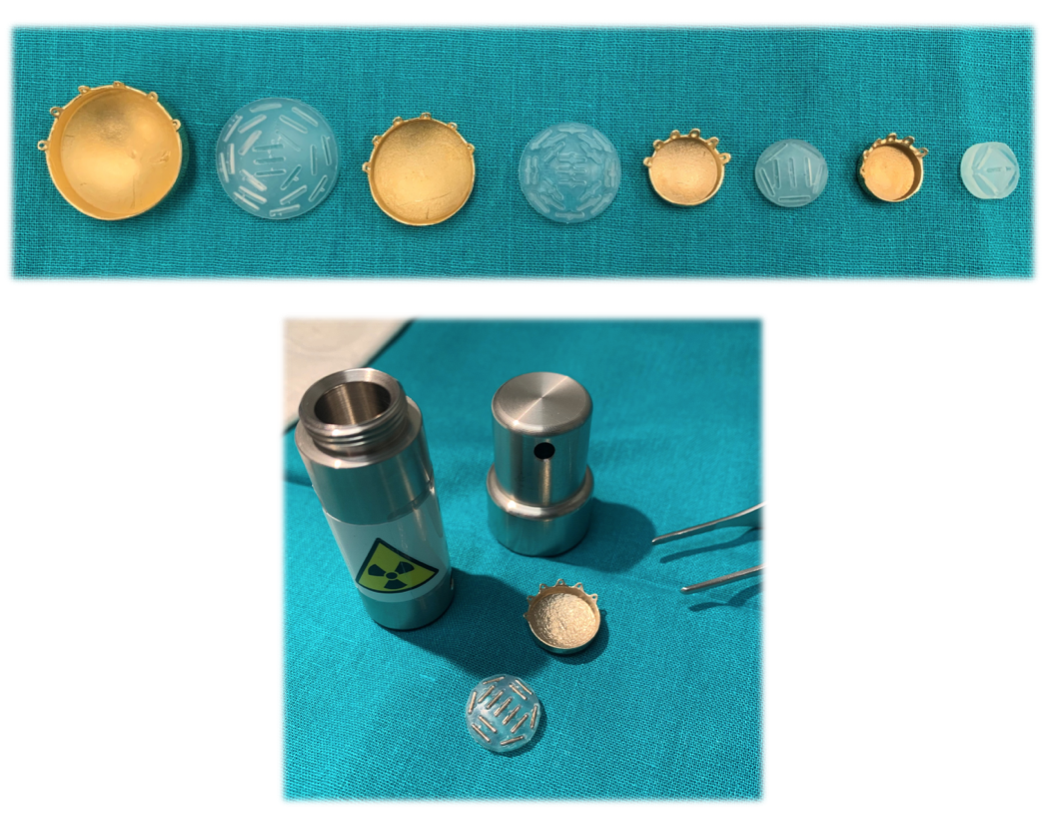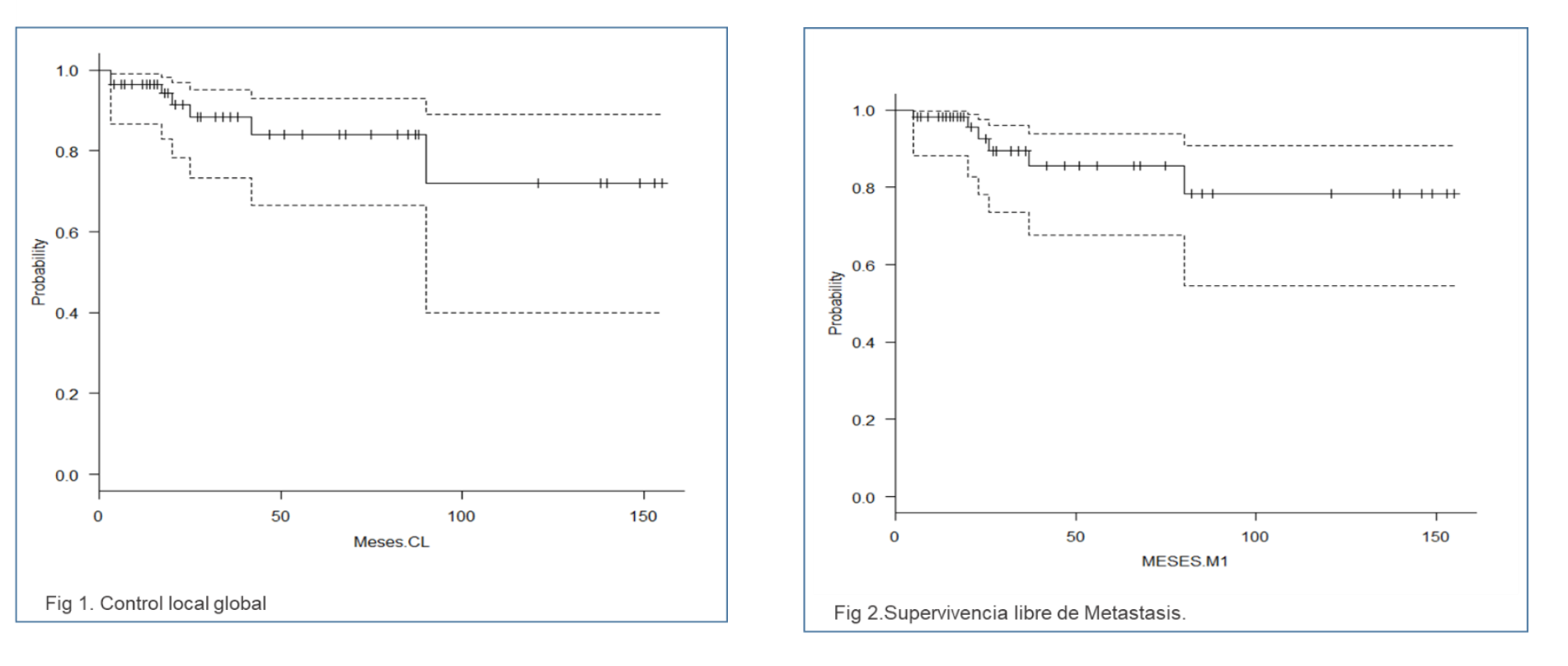Efficacy of Episcleral Brachytherapy in Choroidal Melanoma
Oriana Andreina Prato Carreño ,
Spain
PO-1811
Abstract
Efficacy of Episcleral Brachytherapy in Choroidal Melanoma
Authors: Oriana Andreina Prato Carreño1, Francisco Javier Celada Álvarez1, Jorge Andrés Germain Vandewijngaerden1, Aura Cecilia Ciafre1, Isaac Solero Martín1, Elisa Martín Garcia1, María Borras Calbo1, Natalia Tejedor Aguilar2, Jose Gimeno Olmos3, Miguel Ángel Berenguer Fránces4, Susana Roldán Ortega4, Antonio José Conde Moreno4
1La Fe Polytechnic and University Hospital, Radiation Oncology, Valencia, Spain; 2La Fe Polytechnic and University Hospital, Radiophysics Unit in Radiotherapy, Valencia, Spain; 3La Fe Polytechnic and University Hospital,, Radiophysics Unit in Radiotherapy, Valencia, Spain; 4La Fe Polytechnic and University Hospital,, Radiation Oncology, Valencia, Spain
Show Affiliations
Hide Affiliations
Purpose or Objective
The purpose of this study is to evaluate the results of the treatment of Choroidal Melanoma with episcleral brachytherapy with I-125, in order to evaluate primarily the local control of the disease, metastasis-free survival, rates of enucleation and secondarily establish global survival and side effects of treatment.
Material and Methods
Data obtained retrospectively from 57 patients with Choroidal Melanoma treated with episcleral brachytherapy with I-125 from April 2007 to December 2019 in a single institution. Treatment was applied with COMS type plaques loaded with I-125 seeds, the dose prescribed was 85 Gy, following the COMS (Collaborative Ocular Melanoma Study) recommendations. Patients with a negative extension diagnosis and a minimum follow-up of at least 6 months were included.

Results
The average age was 62 years (37-95). Most of the tumors were medium size (86%). Local control was achieved at 42 months of 88.3% (73.4% - 95.1%), metastasis-free survival at 24 months of 92.5% (78-97.6%) and at 36 months of 85.5% (67.7% -93.9%). Overall survival at 45 months was 85.2% (66.6- 93.8%). Preservation of the eyeball was successful in 82.5%. The most frequent side effects were cataracts (48.8%), radiation retinopathy (14.6%), vitreous hemorrhage (9.8%) and retinal detachment (9.8%).

Conclusion
Episcleral brachytherapy is an effective treatment for choroidal melanoma avoiding enucleation.